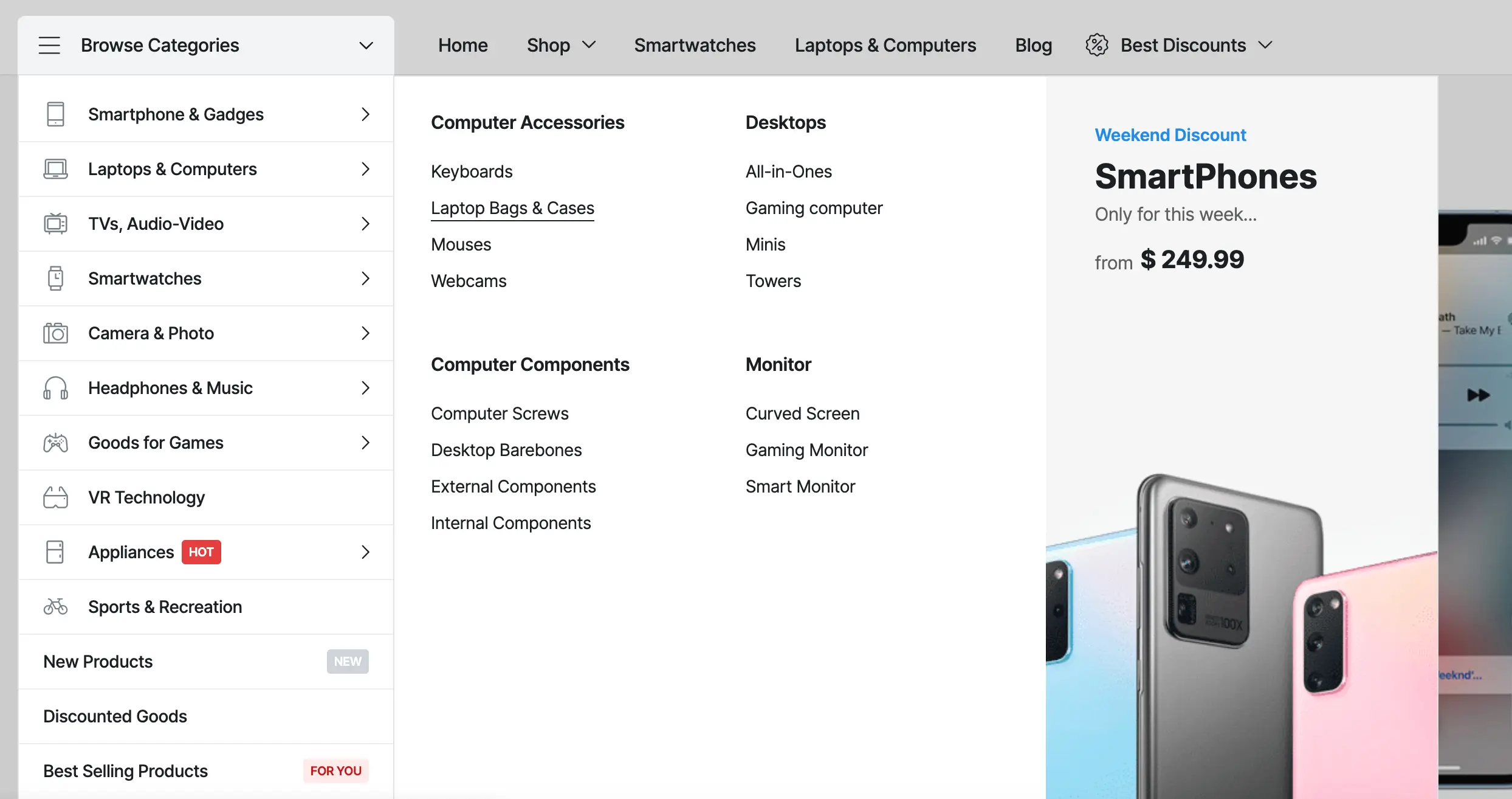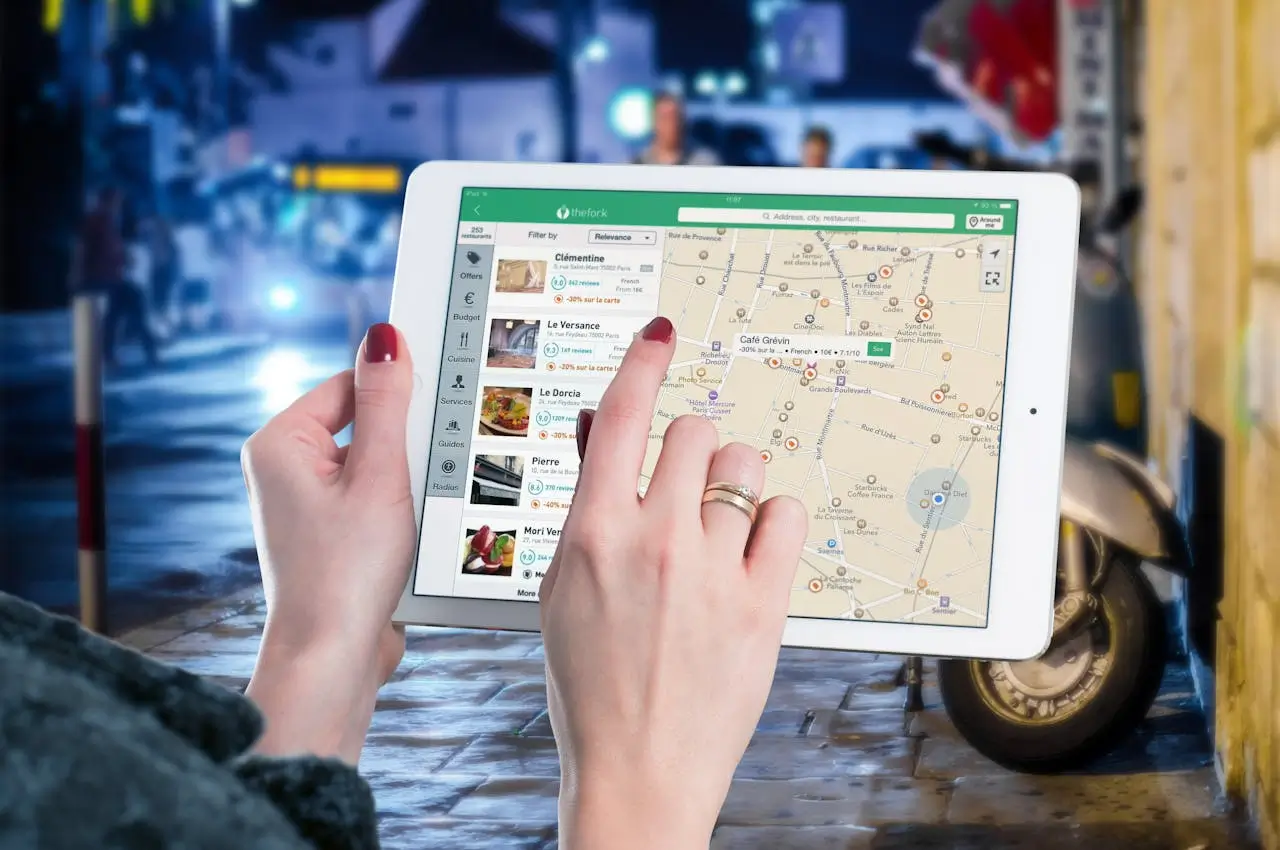10 Best Generative AI Platforms and How They Transform Marketing Industry
Generative AI is revolutionizing industries by automating processes, boosting creativity, and enhancing productivity. In the marketing sector, these AI platforms help brands create engaging content, streamline workflows, and offer innovative solutions to complex problems. From text generation to video editing, generative AI is unlocking new possibilities for businesses.
What is Generative AI, and Why Does It Matter?
Generative AI is a type of artificial intelligence that creates new content, such as text, images, videos, or code, by learning patterns from existing data. Unlike traditional AI, which follows predefined rules, generative AI can produce original outputs that mimic human creativity.
Its importance lies in its ability to save time, reduce costs, and enable businesses to innovate faster. By automating repetitive tasks and generating high-quality content, generative AI enhances productivity and empowers creative professionals to focus on more strategic initiatives.
How Can Generative AI Help Your Industry?
Generative AI brings innovation to multiple industries, transforming traditional workflows with automated and creative solutions. Here’s how it helps key sectors:
Marketing
Generative AI creates engaging content, such as ad copies, blogs, and social media posts, ensuring a consistent brand voice while saving time. For example, marketers can leverage AI to develop entire campaigns faster and with greater precision, targeting specific audience segments effectively.
E-commerce
In e-commerce, AI crafts detailed product descriptions, automates customer interactions, and generates personalized shopping recommendations. These capabilities enhance the customer experience and drive higher sales. An online store might use AI to produce tailored promotions and optimize conversion rates.
Web Design
For web designers, generative AI simplifies the creation of visuals, user interfaces, and templates, streamlining the design process. Designers can use tools to develop innovative website layouts and custom graphics that enhance user engagement.
Customer Support
Customer support teams benefit from AI-driven chatbots that provide instant, 24/7 assistance. These tools can handle FAQs and complex queries, reducing the workload on human agents while ensuring seamless customer satisfaction.
Generative AI’s applications across industries underscore its potential to revolutionize workflows, increase efficiency, and foster innovation.
List of Top Generative AI Platforms and Their Uses
Generative AI’s versatility and potential to transform industries are undeniable. To harness its power, businesses need the right tools. Here are ten leading generative AI platforms, each offering unique capabilities to revolutionize marketing and beyond.
1. ChatGPT (OpenAI)
ChatGPT is a conversational AI model developed by OpenAI, widely recognized for its ability to simulate human-like interactions. It serves as a versatile tool for customer support, content ideation, and IT development. By automating FAQs and generating detailed responses, ChatGPT significantly enhances customer engagement.
An e-commerce platform, for instance, uses ChatGPT to provide 24/7 customer support, answering queries instantly and reducing the workload on human agents while ensuring customer satisfaction.
2. Jasper AI
Jasper AI specializes in creating compelling and SEO-optimized content for blogs, social media, and marketing campaigns. It’s an indispensable tool for content marketers looking to generate high-quality articles and posts quickly.
A content marketer might leverage Jasper AI to craft an entire series of social media posts for a product launch, ensuring consistency in tone and style while maximizing engagement.
3. Cerebro (AiFA Labs)
Cerebro is a cutting-edge AI platform designed by AiFA Labs that focuses on enhancing workflows and delivering AI-driven marketing strategies. It helps businesses streamline their operations by analyzing complex workflows and offering actionable insights. Cerebro also excels in content creation, enabling marketers to craft personalized campaigns with ease.
For example, a digital agency can use Cerebro to evaluate SEO performance, identify gaps, and generate tailored marketing plans that align with client objectives, saving time and improving results.
Read more: Best AI Tools for Coding in 2024: A Developer’s Essential Guide
4. Canva AI (Magic Design)
Canva AI integrates artificial intelligence into visual design, offering users the ability to create professional-quality graphics effortlessly. It includes pre-designed templates and AI-powered design suggestions, making it ideal for branding and social media marketing.
For instance, a small business owner can use Canva AI to produce eye-catching banners and promotional materials for Instagram, saving time and reducing design costs.
5. Synthesia
Synthesia revolutionizes video content creation by generating AI-driven video tutorials with customizable avatars. This platform is particularly valuable for e-learning and corporate training, offering a cost-effective way to produce engaging video content.
A training company might use Synthesia to develop multilingual video lessons, ensuring consistency and scalability across global teams.
6. Grammarly with AI
Grammarly with AI provides advanced writing assistance by offering grammar corrections, tone adjustments, and style improvements. It’s an essential tool for bloggers and content creators aiming to produce polished and error-free content.
For example, a blogger can rely on Grammarly AI to refine their articles, ensuring clarity and reader engagement while maintaining a professional tone.
7. Runway ML
Runway ML empowers users to create stunning video edits and animations through AI. Its intuitive interface and powerful tools make it a favorite among video editors and e-commerce brands looking to elevate their visual content.
An online retailer might use Runway ML to create promotional videos for their website, showcasing products in an appealing and dynamic way.
8. MidJourney
MidJourney is an AI-powered platform for generating unique graphic designs, illustrations, and branding elements. It’s a go-to tool for web designers and creative professionals seeking to produce visually striking content.
A graphic designer can harness MidJourney to develop innovative web designs and custom illustrations for a client’s branding project, ensuring a distinctive and memorable aesthetic.
9. Copy.ai
Copy.ai simplifies the process of creating compelling written content by generating product descriptions, ad copies, and blog outlines. It’s particularly beneficial for e-commerce and marketing professionals aiming to produce persuasive and engaging text.
An online store, for example, might use Copy.ai to generate product descriptions that highlight key features and benefits, driving higher conversion rates.
10. Notion AI
Notion AI enhances productivity and collaboration by assisting with project management, note-taking, and content ideation. It’s a versatile tool that helps teams stay organized and creative.
A project manager could use Notion AI to streamline workflow planning, create collaborative project outlines, and facilitate effective team communication.
Conclusion
Now that you know about the top generative AI platforms and their transformative potential, it’s time to explore how these tools can benefit your business. Whether you’re a marketer, designer, or developer, generative AI offers powerful solutions to boost productivity and creativity. Start integrating these platforms into your workflows and experience the impact of innovation firsthand.
Related Articles
If you enjoyed reading this, then please explore our other articles below:
More Articles
If you enjoyed reading this, then please explore our other articles below:




















 2019-2025 ©
2019-2025 ©